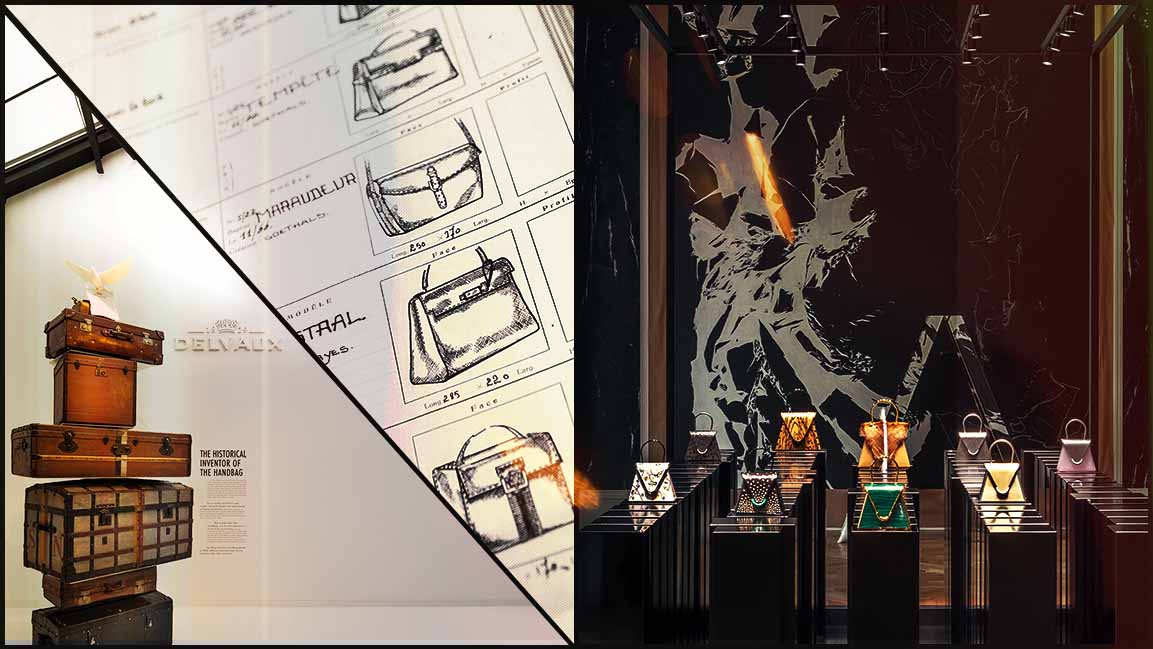- | 8:00 am
How to address the misalignment between company values and product design
DeltaCX’s Debbie Levitt argues that finding or imagining a benefit to a possible set of users doesn’t mean that you have an idea that solves real user problems, or upholds your company values.

What is the best way to tell if your company is customer-centric? Take internal conversations, ideas, decisions, and proposed solutions, and hold them up against your company’s values.
Let’s say your leadership passes the word down that they want to see more new customers signing on and staying longer. This type of large and open request can often bring teams into brainstorming meetings to figure out what they can make people do, so that the business achieves its goals.
These meetings, exercises, or workshops should include conversations about company values. While we want the company we work for to succeed and grow, we shouldn’t be doing it at the expense of customer experiences or the values that should guide our operations and decisions.
Balancing business goals with meeting or exceeding customers’ expectations requires knowledge and evidence about target audiences: their tasks, unmet needs, and problems defined from users’ perspectives.
When we work without knowledge and evidence about our target audiences, it’s easy to develop ideas that run against company values. We make excuses like, “This idea is good enough, and users will figure it out.” But is that aligned with company values? Are we inventing use cases to justify a feature with low or unknown customer value?
Finding or imagining a benefit to a possible set of users doesn’t mean that you have an idea that solves real user problems, or upholds your company values.
Common company values include honesty, integrity, respect, empathy, accountability, fairness, customer obsession, and “we put customers first.” When creating strategies, priorities, products, or services, our actions must reflect these values.
HONESTY AND INTEGRITY
Ensure nothing dishonest in your ideas, products, or services: no trickery, deception, or vague pricing plans. Everything you do should be transparent and ethical. Decisions consider various impacts and consequences for customers and users.
We earn customers’ trust in every interaction, and we can lose that trust in the blink of an eye. Every product and service touchpoint must gain and keep customer trust.
RESPECT AND EMPATHY
How do we show target customers respect or empathy? Have we baked diversity, equity, inclusion, and accessibility into all aspects of our project? Did we research target audience members of different genders, ethnicities, backgrounds, languages, LGBTQIA+, disabilities, diagnoses, conditions, left-handedness, and more? Who was excluded and why?
We cannot have true empathy for populations we haven’t observed and studied, deeply understanding them and their perspectives. Company values are ignored, and empathy is theater when:
- Accessibility is treated as a feature you might add later or something you wait and see if users upvote.
- We make decisions based on stereotypes, assumptions, and guesses about customers and their behaviors.
- DEI and Accessibility teams don’t exist, have no power, or are among the first to be laid off.
ACCOUNTABILITY AND RESPONSIBILITY
Our teammates and leaders like to say they will be “held responsible” for a decision or a project. But what does that accountability look like? I have not yet seen it in action anywhere I have worked or consulted.
Time after time, people make informed decisions to rush something lower quality out to paying customers or to deliver something that might achieve business goals while working against users. We ignore our company values and users’ needs and manipulate users into actions we want them to take.
We shrug at each other when our product launch or experiment fails; we are so confident! We’re surprised when users give us low satisfaction scores, complain, or leave. We call them disloyal, even though we actively alienated them.
We deliver products and services we know now are broken, not what users need, or “minimally viable.” We’ll “fix it later.” We imagine there’s no time now to deliver more quality to customers, but we’ll have time later to delay other projects to fix this.
Knowingly delivering low quality and treating high failure rates as “good product management” runs against one or more core company values.
Who will be held responsible for risks and failures? It might be a person, team, leader, or executive. If we can fail in small or large ways without accountability that includes consequences, there is no incentive to do or be better.
COMPANY VALUES ARE YOUR NORTH STAR
Let your company values guide your decisions.
- Are you upholding company values when considering new or improved products and services?
- Are you being honest, ethical, transparent, and clear?
- Are you giving people choice and autonomy?
- Have you baked diversity, equity, inclusion, and accessibility into every conversation, decision, concept, and design?
Make things easy, logical, intuitive, clear, transparent, and honest for your customers. They’ll reward you with loyalty, positive word-of-mouth, and the revenue your company requires to grow.








































